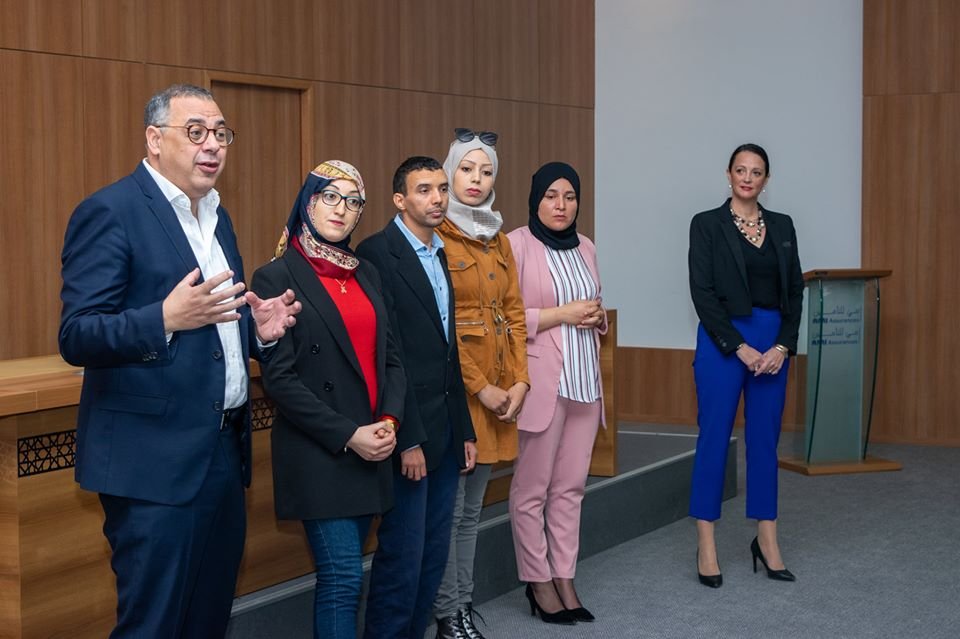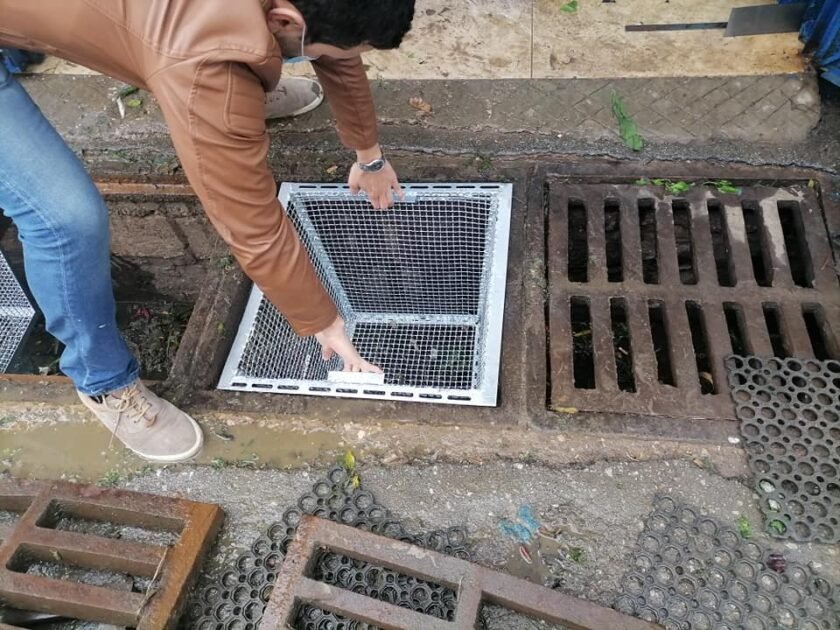The Tunisian-French Chamber of Commerce and Industry (CTFCI) and the Tunis Foundation for Development (FTD) organized on Wednesday in Tunis a panel discussion on the theme: “Elife: A solution against the Tunisian brain drain.”
President of the Tunis Foundation for Development (FTD) Badreddine Ouali said “converting 5,000 unemployed graduates into potential employees each year, by increasing their chance of professional integration and closing the gap between their academic training and the companies’ needs, is the solution proposed by the Elife initiative against the brain drain.
He indicated Elife, by “targeting mainly graduates of the Higher Institutes of Technological Studies (ISET), seeks to reduce regional inequalities and to put to the benefit of companies a colossal wealth that remains untapped. 23,000 graduates leave the ISETs every year and spend an average of 4 to 5 years unemployed, due to a lack of initiatives that could adapt their skills to market needs.”
The Elife initiative has been launched two and a half years ago by the FTD and co-financed by the French Development Agency (AFD) with the aim to build 10 technology centres in ten regions of the country’s interior (Siliana, Beja, El Kef, Jendouba, Kairouan, Kasserine, Sidi Bouzid, Gafsa, Tozeur, Gabes and Medenine).
These centres will be designed to upgrade young ISET graduates through a 180-hour- training programme (language and communication and preparation for digital trades).
The 6-month training is provided by partner institutions of the foundation. It is followed by a 6-month apprenticeship period aimed at putting into practice the teaching received through partnerships with IT companies based in Tunisia. A certificate of qualification and competence approved by the Conférence des Grandes Ecoles is issued at the end of this training.
The capacity of each centre is 500 learners per year. By 2022, when the 10 centres are operational, 5,000 learners will be trained each year.
The first centre in Siliana has been operational since the end of June 2019 and has already welcomed 250 young graduates. A second centre will open before the end of 2019 in Beja. The project also plans to open new centres in 2020 in Kef, Jendouba and Sidi Bouzid; in 2021, in Kairouan and Gafsa and in 2022 in Tozeur Medenine and Gabes.
Taking the floor, Director of Operations at SAGEMCOM Tunisia, Elife’s partner, Christian Jannot spoke of the waves of massive departures of graduates abroad, specifying that his company has lost nearly 450 employees in 3 years.
He voiced wish “that such an initiative would give young people hope again, adapt their training to the needs of companies and give them the assurance that their employees will not leave them for at least four years.”
TunisianMonitorOnline




